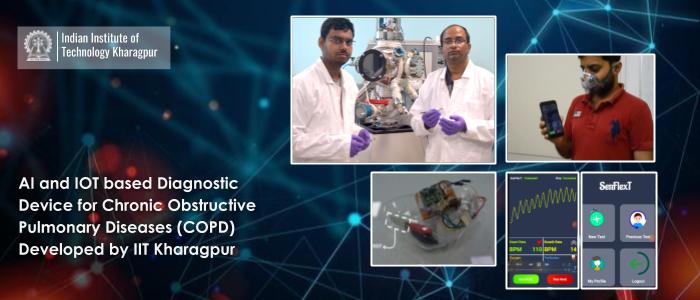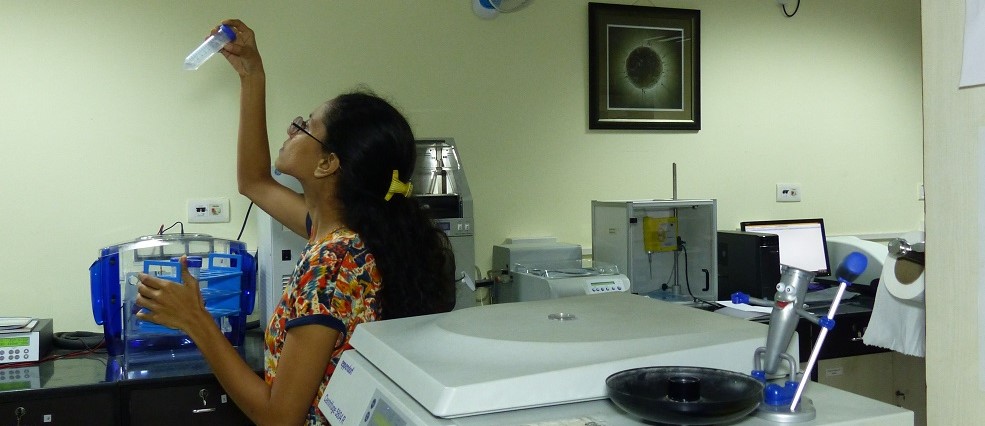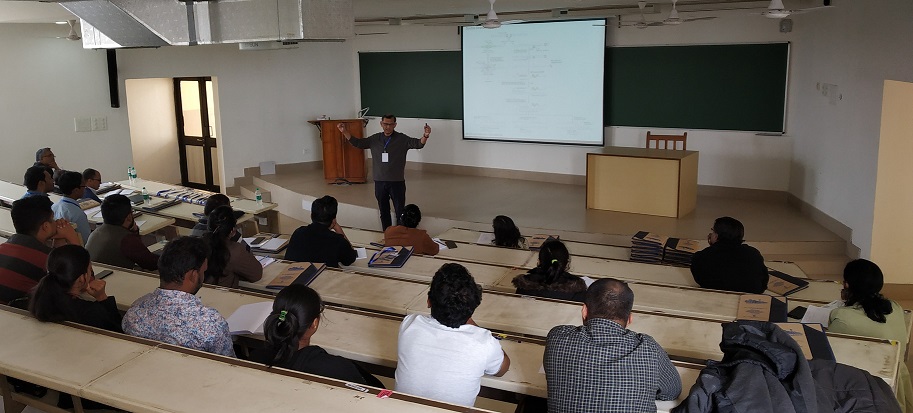
New AI Diagnostics for Lung Diseases
AI and IoT based Diagnostic Device for Chronic Obstructive Pulmonary Diseases developed by IIT Kharagpur Chronic Obstructive Pulmonary Disease (COPD) is a common chronic respiratory disease caused by exposure to harmful gases and particulate matters, with a high health burden on the country’s healthcare services and society. For long, the medical community has been depending on patient history and clinical symptoms for disease diagnosis, which often prevents early detection of the disease and advancing of the disease adds to the medical bill through frequent hospitalizations. Researchers at IIT Kharagpur have developed an affordable diagnostic intervention for Chronic Obstructive Pulmonary Disease…




